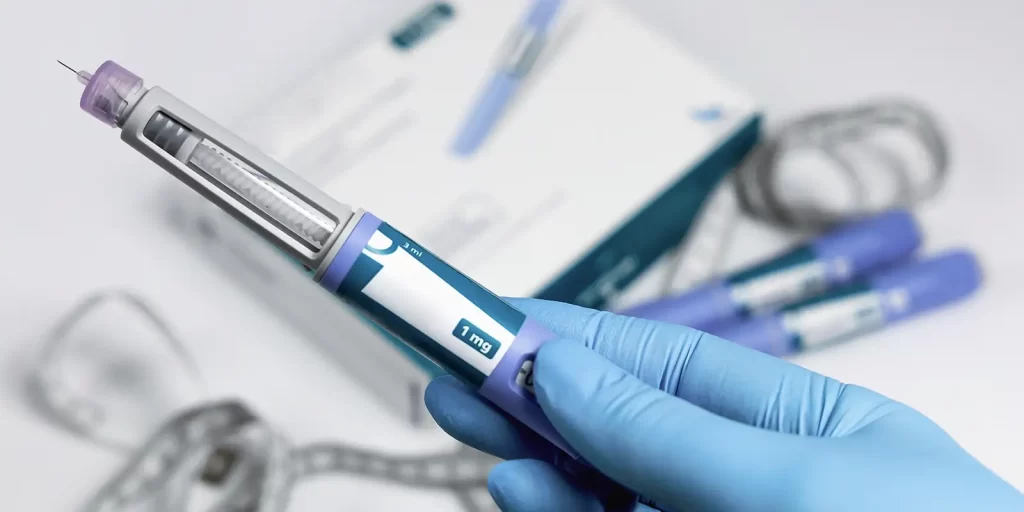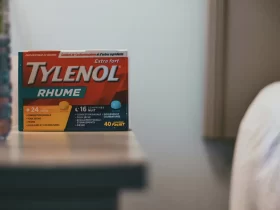By Hassan Kafri MD, Cardiologist
In the past two months, I’ve received more questions about oral GLP-1 medications than in the previous two years combined. Much of this heightened curiosity is fueled by media excitement surrounding Eli Lilly’s new oral drug currently in phase 3 trials. The idea of a pill that can significantly lower cardiovascular risk is understandably appealing—it could be cheaper, simpler, and more accessible. But in healthcare, enthusiasm must always be balanced with effectiveness, especially when it involves heart health.
Why Injectable GLP-1 Still Leads the Way
Injectable GLP-1 medications, like semaglutide (Ozempic, Wegovy) and tirzepatide (Mounjaro, Zepbound), have proven stronger and more consistent in clinical trials compared to their pill counterparts. For instance, recent studies show oral semaglutide reduced cardiovascular events like heart attacks and strokes by about 14%. However, injectable semaglutide has demonstrated a 20-22% reduction in heart attacks and stroke—making it the preferable choice for patients already dealing with cardiovascular risk.
Similarly, Eli Lilly’s new oral medication, though promising, still doesn’t match the comprehensive results of injectable tirzepatide, particularly concerning consistency and magnitude of cardiovascular risk reduction.
Why This Matters for You

Cardiovascular health isn’t just about reducing overall risk—it’s about targeted protection. Injectables have set a high standard, especially in stroke prevention, which remains critical for many individuals with diabetes. Oral GLP-1s are valuable but may not yet provide the level of assurance injectables do.
In straightforward terms, choosing an injectable GLP-1 could reduce your cardiovascular risk by up to 50% more than the oral version based on published data. That’s a huge difference!
Personalized Approach: Precision Matters
If you go to your doctor and say, “I want to do GLP-1 for weight loss, but I prefer the pill because I hate shots,” many doctors might simply prescribe the pill and leave it at that. But what you truly need is a dedicated team that starts by understanding your personal health goals. If you’re someone with specific cardiovascular goals, a history of stroke, or other high-risk factors, you’ll want a team willing to support you fully—even helping you overcome any hesitation about injections. Choosing the injectable form could mean up to a 50% greater benefit in your cardiovascular health.
Your journey to better health deserves more than just convenience—it deserves effectiveness, reassurance, and careful, personalized support every step of the way. The right team not only guides your choice of medication but helps align your treatment with your unique cardiovascular needs. Remember, effective healthcare isn’t just about medications; it’s about having the right people at your side.
Kafri Heart and Vascular Clinic is a state-of-the-art comprehensive cardiac and vascular center dedicated to diagnosing, treating, and preventing cardiovascular disease in the greater San Diego community since July 2009. We are committed to providing accessible, compassionate, and personalized care that goes beyond the exam room to help patients lead happy and healthy lives. To learn more, please visit www.kafri.com.
Enara Health is a US-based digital health company that is building a data-driven platform and network to scale obesity treatment. Enara’s platform helps clinics and medical groups launch, manage, and staff insurance-covered cardiometabolic and obesity programs. By combining mobile technology with health care visits and providing patients with personalized
physician-driven medical weight loss programs, Enara Health routinely helps patients lose—and keep off—more than 15% of their baseline weight.








































Leave a Reply